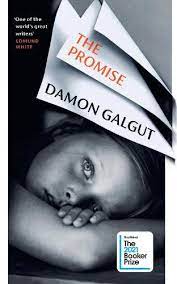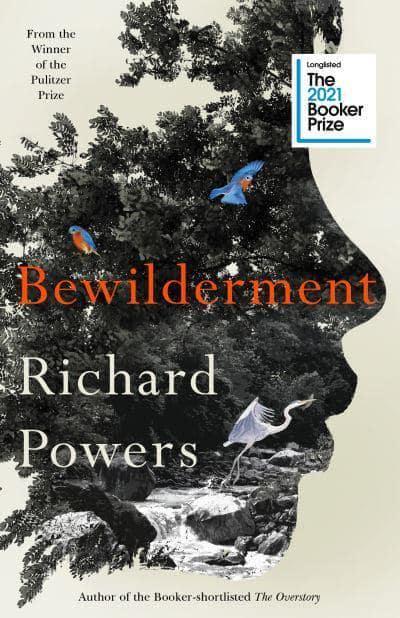I chose this book for October in my Reading Challenge, the theme for which was a ghost story. There were quite a few that I fancied, including many classics that I have long wanted to get around to, but I liked the sound of this one and Paver is an author I have always wanted to try, having read some great reviews of her work. She mostly writes stories for young people and this novel was one of her early ventures into writing for adults, although I am loathe to make that distinction.
The book has a tantalising opening; it is a letter from one Algernon Carlisle (‘Algie’) in response to an enquiry from a Dr Murchison, who is researching ‘phobic disorders’, applying for information on an Arctic expedition he was part of. Algie’s reply is cool; he seems somewhat affronted by the suggestion that the events of the Arctic expedition were a result of a ‘phobic disorder’ and writes that, since one of his friend’s died and the other was deeply damaged by the experience, he therefore does not wish to be reminded of it.

Set in 1937, the book’s narrator is Jack Miller, an educated but lower class civil servant who is bored with his job and rather bitter about his situation in life. He meets a group of upper class Oxbridge-educated young men who are setting up a year-long expedition to the Arctic and are seeking a wireless operator. After meeting Jack they invite him to join them and it seems like the opportunity of a lifetime, as well as taking Jack away from his repetitive and uninteresting existence. He has mixed feelings about the group but he gradually develops a close friendship with one of them, Gus.
When they set off on the trip in midsummer, they are full of enthusiasm, but the first alarm bells ring when the captain of the ship commissioned to take them to the abandoned mining settlement known as Gruhuken in Spitsbergen (which sits between Greenland and Norway in the Arctic Ocean), is anxious about travelling to the place. He is unspecific about his reservations but it is clear that something deeply untoward happened there at the time when the place was populated by miners.
When the three arrive at this strange and desolate place they are initially energetic and keen. They have their team of huskies and even though it is challenging coping with the 24 hour daylight they manage well enough. Jack finds ALgie trivial and annoying but his friendship with Gus deepens. After a few weeks, Gus becomes very ill and appendicitis is suspected. He must be removed to the mainland and it is agreed that Algie will accompany him. Jack will be left alone, although it is hoped for no longer than two to three weeks. It soon becomes clear that this is unrealistic and Jack finds his situation increasingly difficult. This is especially so when the daylight gives way to constant night and the disturbance to his body clock begins to have mental repercussions. He begins to see and hear things. Jack is visited by a trapper who also lives in Spitsbergen, though far too distant to be any sort of regular companion. Jack welcomes the company, but the trapper tells him the story of what happened years previously in Gruhuken, when a man was killed. It is said that his ghost stalks the area. Jack wants not to believe the story and declines the trapper’s invitation to join him at his own settlement. Jack is determined that he will get through this period, and prove his worth to Gus.
The rest of the book is about Jack’s mental decline as he loses all sense of time and the physical isolation leads him to become increasingly fearful and desperate. He becomes close to one of the huskies in particular, but this is also indicative of a kind of decline in his essential human-ness. The weather deteriorates, equipment breaks, the physical environment begins to collapse. The degeneration of the fragile physical set-up is a metaphor for the mental and emotional breakdown.
What is so clever about this book, and with all really good ghost stories is that the author lets the reader decide whether there really is a ghost or whether it is a ‘phobic disorder’. Algie’s view is clear from the opening of the book.
This was a real page-turner and I loved the Arctic setting which is brilliantly evoked. Paver apparently has a deep affection for this part of the world but it is clear from the book that she is also aware of its treachery and its power.
I really enjoyed this book. Recommended.











